MATERIAL TRANSITION TO NET ZERO: Redefining the Chemical Industry’s Path to Circularity
PACKAGING REIMAGINED: Driving transition towards alternate & sustainable solutions
INDUSTRIAL WASTE RECYCLING & CIRCULARITY: Pathways to Resource Security
BIOE3 POLICY: Accelerating India's Bioeconomy through Biomanufacturing & Biofoundry for Green Growth
ENHANCING RESOURCE EFFICIENCY: Pathways to a Sustainable Future
UNLOCKING CIRCULARITY IN THE USED OIL SECTOR: Overcoming Challenges and Seizing Opportunities
FINANCING THE FUTURE: Unlocking Investments for Circular Value Chains
PROMOTING SUSTAINABILITY IN CRITICAL MINERALS SECTOR: Innovations & Circular Economy Approaches
DRIVING RESOURCE EFFICIENCY AND CIRCULAR ECONOMY: Through International Cooperation
CIRCULAR ECONOMY SPOTLIGHT – Celebrating Innovation and Impact
Endorsed By
Symposium Partners
Symposium Speakers

Shri. Ved Prakash Mishra
Joint Secretary
MoEF&CC
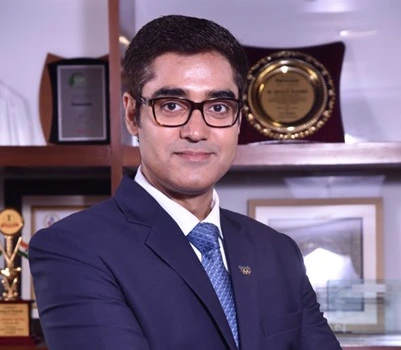
Mr. Manish Sharma
Chair, RECEIC Steering Committee
Panasonic Life Solutions India & South Asia

Mr. Janardhanan
Ramanujalu
Vice President & Regional Head – India
SABIC

Mr. Sashidhar Vempala
Chief Sustainability Officer
Unilever (South Asia)

Mr. Rajat Arora
VP & Head – Home Care R&D SA & Asia
Unilever

Dr. Nimish Shah
GM Regulatory Affairs – South Asia
Hindustan Unilever

Dr. Ashok Menon
Director, Global Sustainability Operations & Technology
SABIC

Mr. Nitin Sharma
CEO & General Manager
Clariant IGL Specialty Chemicals Pvt. Ltd.

Mr. Avinash Nandanwar
Head – Sourcing & Sustainability
Galaxy Surfactants
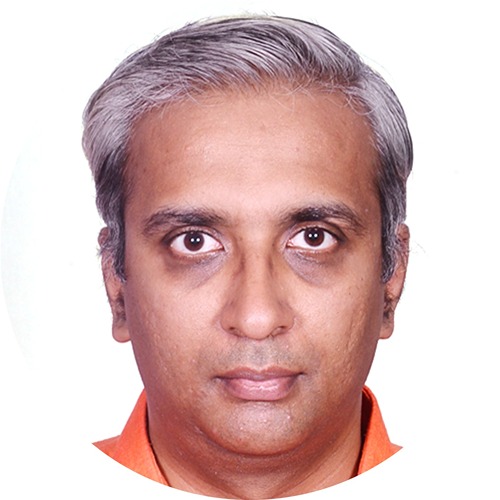
Mr. Rajagopal Manohar
Head Technical Service & Innovation – MEI&A
Novonesis

Dr. Venkataraghavan R
Platform Leader, Bright Future – Homecare
Hindustan Unilever

Mr. Sundeep Singh
Managing Director
Accenture Strategy

Ms. Deepti Gupta
Growth & Partnership Director
Polymateria

Ms. Rashi Agrawal
Chief Business Officer
Banyan Nation

Mr. K.S Ganesan
Head – Corporate Affairs
Ball Beverage Packaging India

Ms. Geetanjali Vats
Global Plastics Sustainability Lead – Asia & ANZ
Hindustan Unilever

Ms. Ritu Ghosh
Associate Director, Corporate Affairs & Sustainability
Panasonic Life Solutions India

Mr. Priyesh Bhatti
Director
GEPIL

Mr. ALN Rao
Head Circularity
Recykal

Mr. Prashant Singh
Co‑Founder & CEO
Blue Planet Environmental Solutions

Mr. Krishna Thota
SVP & Head – Circular Economy Business
Re Sustainability Ltd.

Dr. Paresh Dhepe
Senior Principal Scientist
CSIR‑National Chemical Laboratory

Dr. Alka Sharma
Scientist ‘H’
Dept. of Biotechnology, MoST, GoI

Dr. Jonathan Hague
Head, Homecare R&D ‘Clean Future’
Unilever

Dr. Banwari Lal
Senior Director, Industrial Biotechnology
TERI

Dr. Phaneeswara Rao
Kommoju
Chief Scientist
Praj Industries
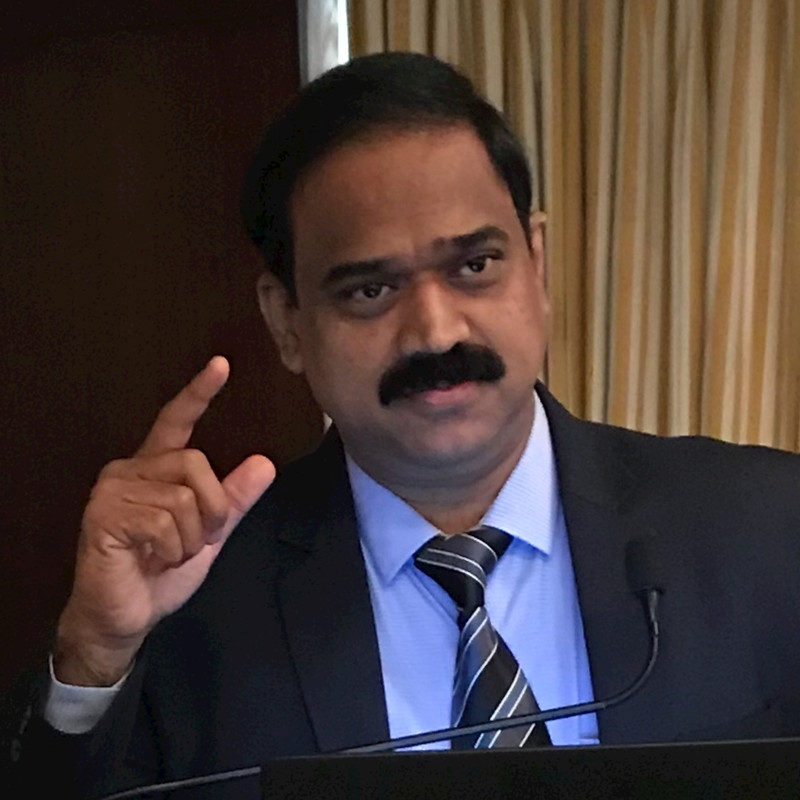
Dr. Arvind Bodhankar
Chief Sustainability Officer
AMNS

Mr. Ankit Todi
Chief Sustainability Officer
Mahindra Group

Dr. Raju Goyal
Chief Technology & Sustainability Officer
UltraTech Cement Ltd.

Mr. Ch Srinivas
Chair, RECEIC Used‑Oil WG & ED Lubes
HPCL

Mr. Harsh Kapoor
Partner
Monitor Deloitte

Mr. Arijit Basu
Managing Director
Veedol

Mr. Saugata Basuray
Whole‑Time Director
Castrol

Mr. Philip Mathew
Secretary General
PRAI

Ms. Mridula Ramesh
Founder & ED
Sundaram Climate Institute
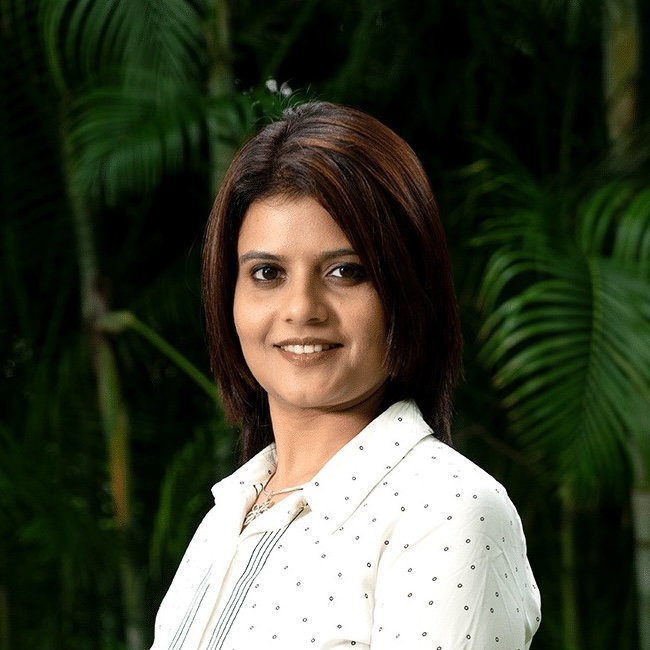
Ms. Janavi Papriwal
Associate Partner
Circulate Capital

Mr. R K Singh
CGM Green & International Cooperation
SIDBI
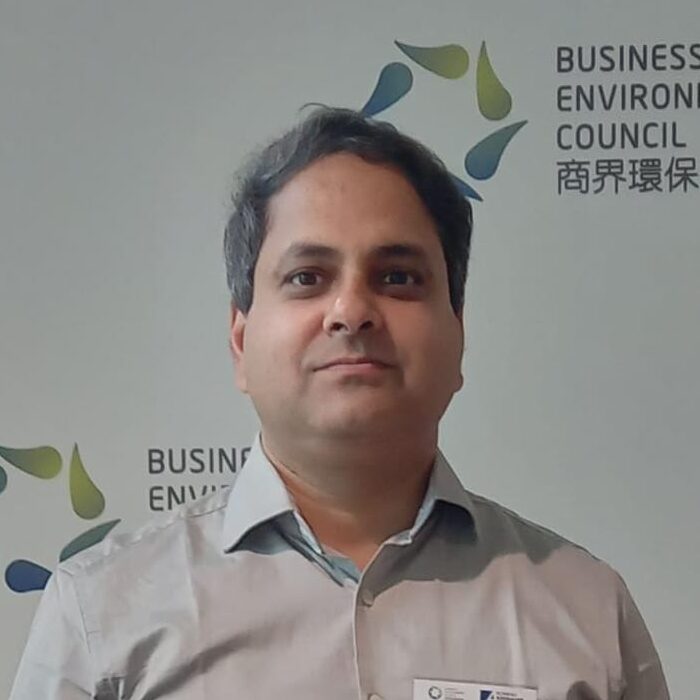
Mr. Souvik Bhattacharjya
Associate Director & Sr. Fellow
TERI

Dr. Abhinav Mathur
Head Strategy
Attero Recycling Pvt Ltd.

Smt. Sunita Verma
Group Coordinator (R&D‑E&IT)
MeitY, GoI

Mr. Pranshu Singhal
Founder
Karo Sambhav
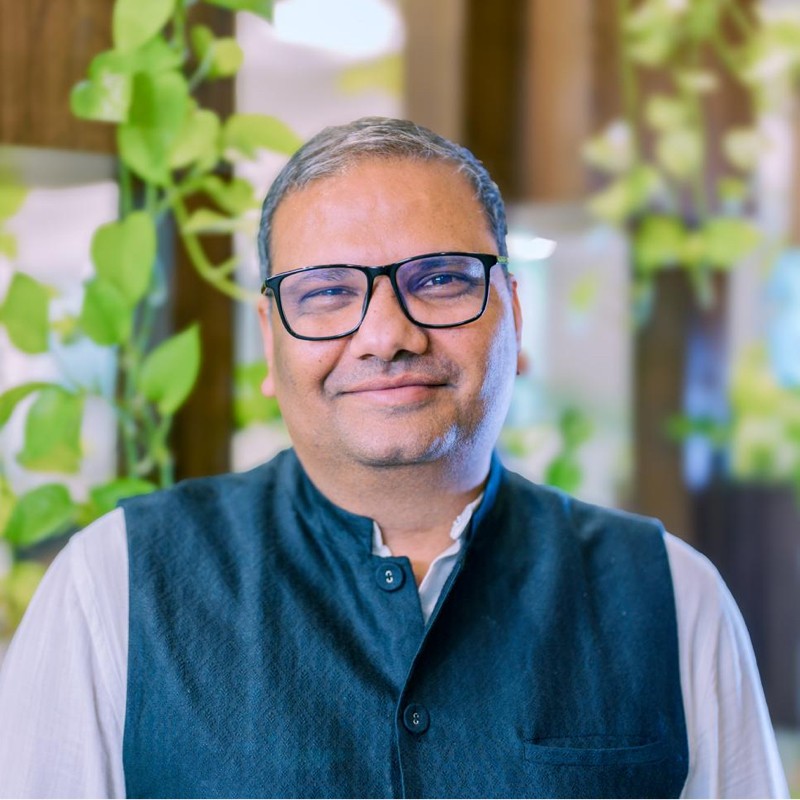
Mr. Ashish Chaturvedi
Head – Environment, Energy & Resilience
UNDP India
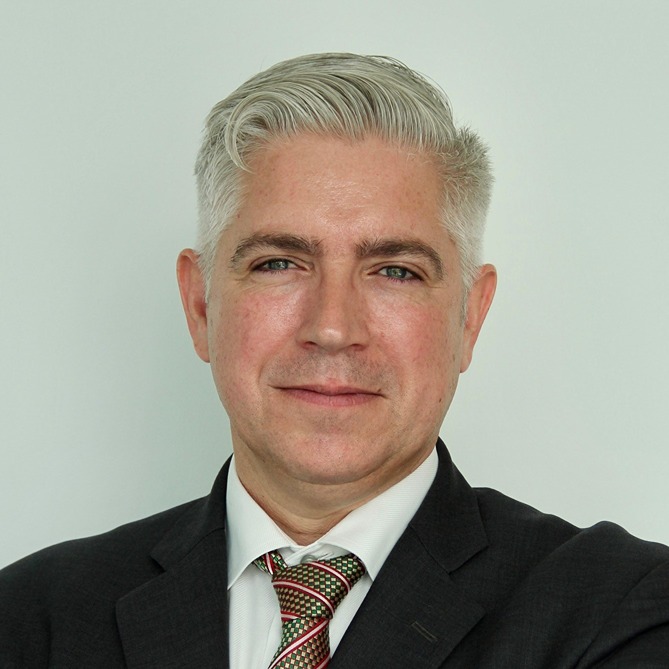
Mr. Søren N. Kannik‑Marquardsen
Regional Director South Asia & Head, Trade Council
Embassy of Denmark

Mr. Bartosz Przywara
Energy, Climate & Environment Counsellor
EU Delegation to India

Ms. Swati Sambyal
Sr. Circular Economy & Partnerships Expert
Grid‑Arendal

Dr. Sumanda
Bandopadhyay
Senior Manager
SABIC

Mr. Manoj Rustagi
Chief Sustainability & Innovation Officer
JSW Cement

Dr. Rinkel Jindal
Head- Global Regulatory Affairs Compliance
Apollo Tyres
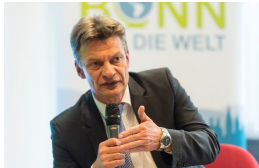
Mr. Gerald Guskowski
Cluster Coordinator, Environment, Climate, Natural Resource Management and Biodiversity
GIZ

Mr. Prashanth Venkatesh
Marketing Director, Brand & Sustainability
Hindustan Unilever















































